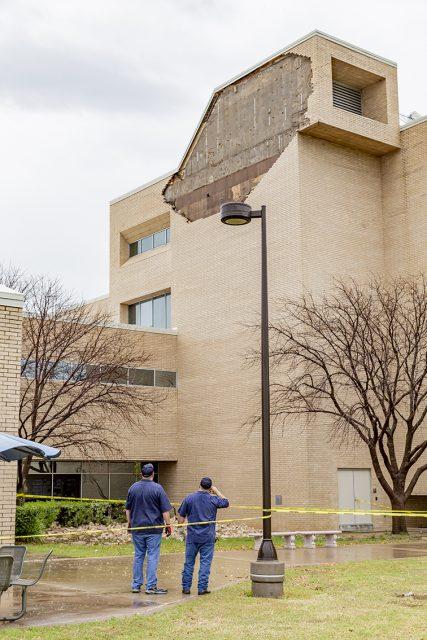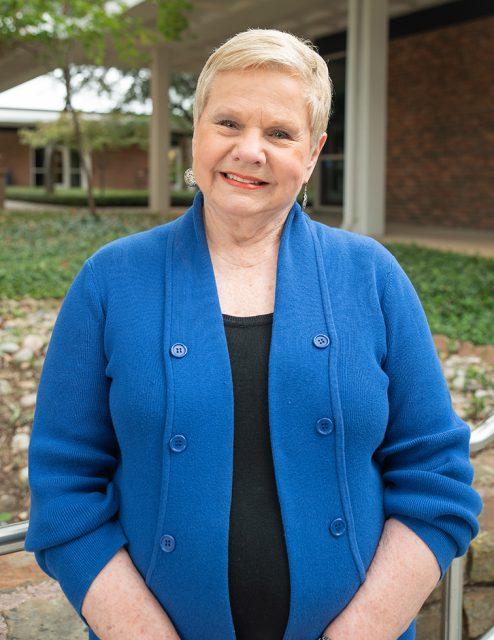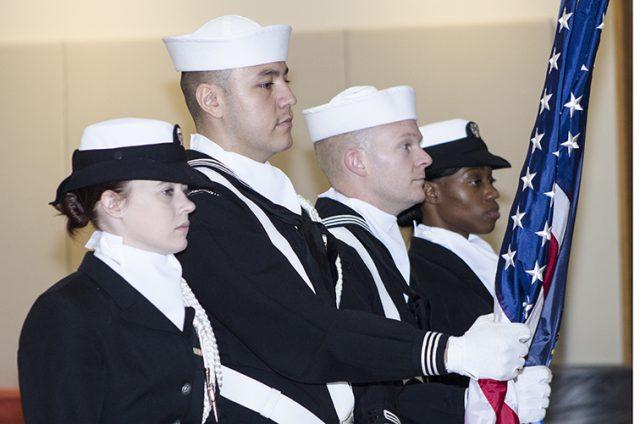| October 30, 2019 | Taylor McMahon | reporter |
|---|

Home is supposed to be a place of security and support, but for millions around the country it is anything but a sanctuary.
Stereotypes abound: Only women from the “bad” part of town experience domestic violence. If a woman is abused by a significant other, they probably did something to aggravate the perpetrator and deserved what they got.
The truth is that domestic violence is an equal opportunity scourge affecting thousands of women, and to a lesser extent, men, across good and bad neighborhoods according to Primo Prevention LLC.
It’s a crime and punishable by law to abuse one’s spouse.
In observance of National Domestic Violence Awareness Month, NW advising and counseling partnered with the director of student conduct and prevention education Leon Minor to host These Hands Don’t Hurt Oct. 22.
The National Domestic Violence Hotline broadly defines domestic violence as a “pattern of behaviors used by one partner to maintain power and control over another partner in an intimate relationship.”
This definition of domestic violence includes physical and sexual abuse, emotional manipulation as well as economic deprivation.
In an effort to brand domestic violence as the menace it is, students were invited to write their name or a meaningful message on a hand-shaped paper cut-out and place it on the window as a pledge to never let their hands hurt another person.
Christina Martinez, NW special services coordinator, said they wanted to host this event because this topic is something that many students have either experienced first-hand or know someone affected by domestic violence.
After the pledge was made, students were given a purple (the color of the cause) bag full of pamphlets on varying resources in English and Spanish.
Fliers for the I Can Still Shine program for women and children, tips for spotting human trafficking, and Tarrant County Women’s Center were all included in the bag.
Victim’s assistance, a department in the TCC Police Department, was also at the table to hand out information on various issues, such as drug use and alcoholism.
“We are just trying to let students know that we are here for them, and we have the resources that can help,” Martinez said.
Advising and counseling offer confidential personal counseling as well as several referrals to outside organizations, NW counselor Jim Sherwood said.
Anyone experiencing domestic violence can reach out to TCC advising and counseling or call the National Domestic Violence Hotline at 1-800-799-7233 or TTY 1-800-787-3224.



































